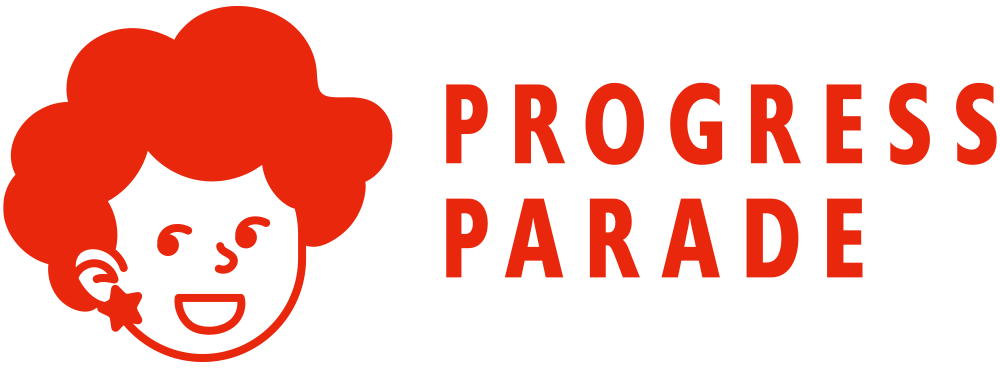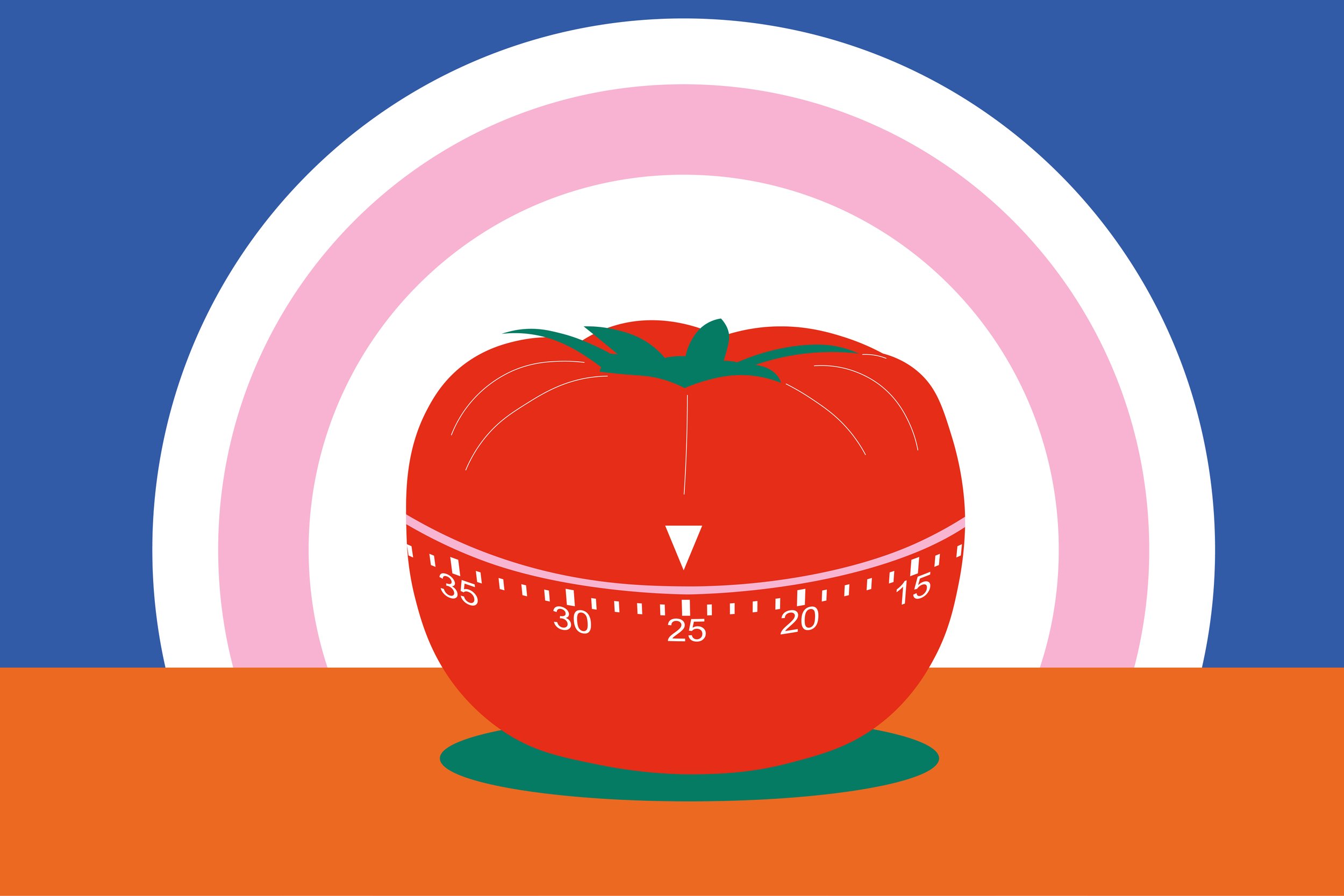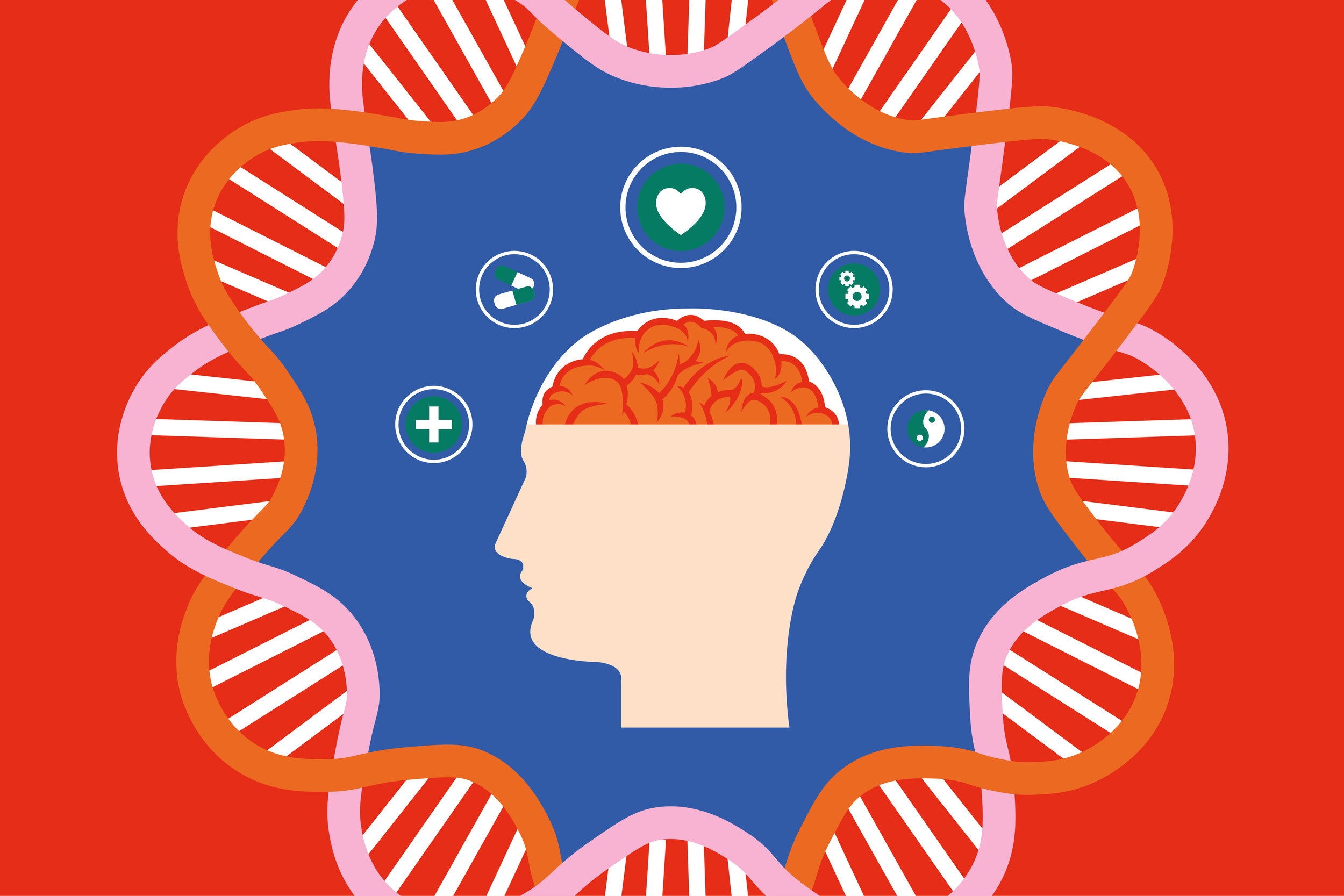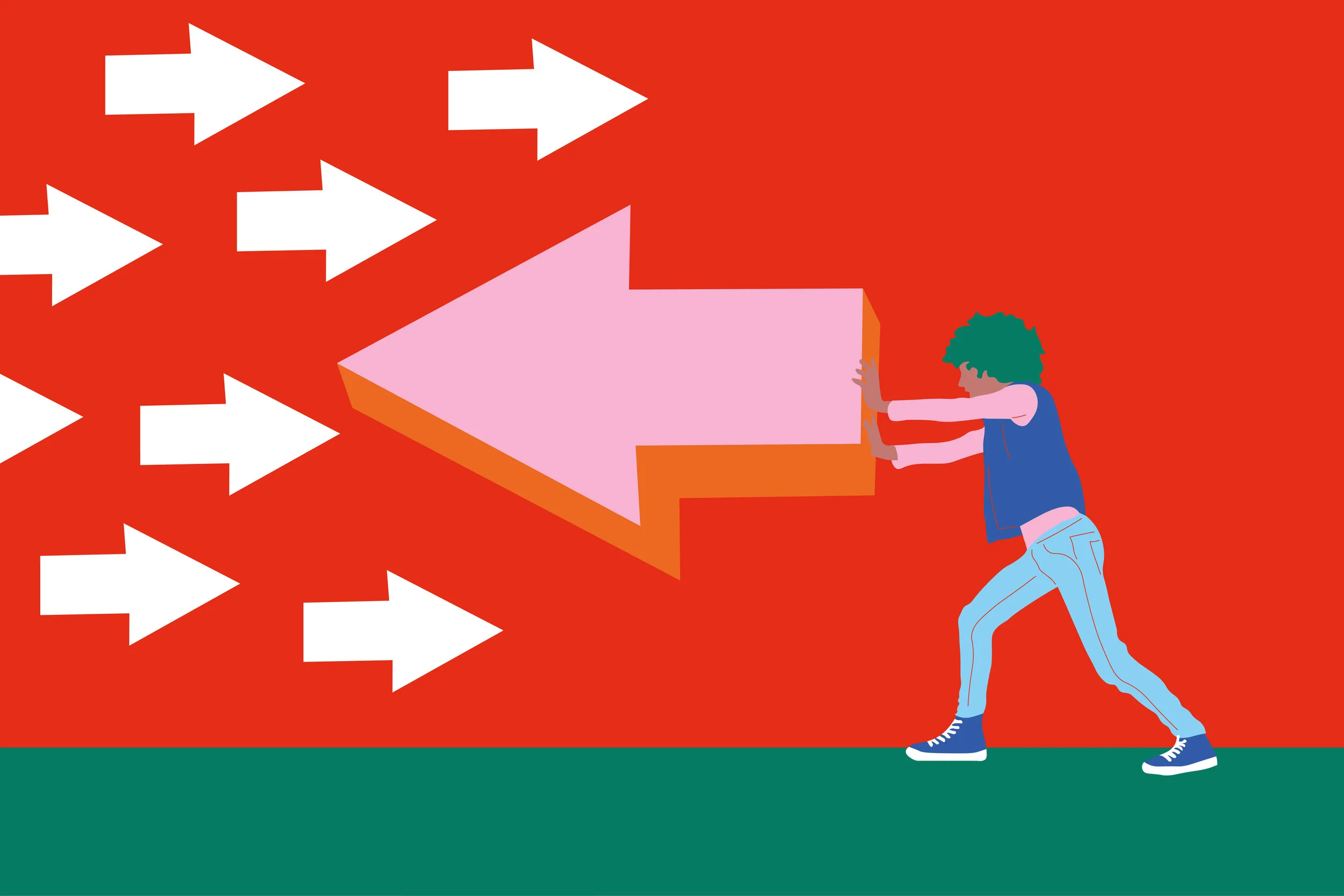Holiday tips for ADHD, autism, and other neurodivergent learners
The holiday season can be the best of times and the worst of times. There are lots of magical events, beautiful lights, great music, special parties to see friends, and usually time off work and school. On the other hand, it can be stressful to try to fit all of these events in, think of many different gift ideas (and then buy and wrap them), see certain family members or friends, and to be so far outside of our normal routine (especially if we're neurodivergent). We here at Progress Parade specialize in tutoring for ADHD, autism, and other neurodivergent learners, so we wanted to take some time to give some ADHD tips and suggestions for thriving in the holiday season.
Say no to FOMO
There is so much going on during the holidays. There are often holiday parties at work and with family and friends, special holiday concerts, holiday light shows and parades, and special events at school. If you give into FOMO (fear of missing out), this season will be literal torture. You can't (and shouldn't) do it all, especially if you've got a sensitive and/or neurodiverse student at home. It's too much for most people to handle. So please give yourself permission to say no to most of the invites and most of the events and choose the ones that you're really excited about and the ones that will work best for your family. As far as general ADHD tips and mental health tips go, we think saying no to FOMO and only doing the stuff you really want to do is a good strategy for all year!
Reduce surprises
Many people appreciate surprise gifts, but not everyone responds well to a lot of surprises. Disruptions in routines can be particularly hard, especially for students with ADHD and autism among us. Planning ahead can really help ease the challenges of the unknown. Some ideas for ways you can prepare:
run through what to expect at new events. Give your child an idea of what activities will be happening, how long they will be there, and help them predict what parts, if any, may be challenging.
related to the point above, make or use social stories if they're helpful
talk about rules at parties and events. How should your child behave where they're going? Are they going to a friend's house? Are the rules there different or the same as what they're used to?
Take self-care more seriously than ever
With all of the events and activities, it can be easy to throw sleep and healthy eating to the curb. But we don't want to add a tired or hangry tantrum into a busy day. Make sure to still get enough sleep and to eat a reasonable amount of healthy food (of course giving yourself some permission to have treats as well). Every child (and adult) responds differently to different foods and changes in sleep patterns. You know what your child can handle. Don't be afraid to prioritize sleep and food routines and self-care. Taking care of the basics can mean that we're more set-up to handle, and enjoy, the new things the holidays will throw our way.
Create a "break" or self-care space
Holiday events can be major sensory overload. Examples of sensory considerations to consider for children with ADHD, autism and other sensitivities:
Loud music at a concert, show, or party
Festive lights and light shows
Holiday smells (pine, candy canes, cinnamon)
Crowds (especially in the post pandemic world where we've been particularly not used to crowds)
Do your best to predict which of these may potentially trigger your child at the event you're going to and reduce surprises by talking through them as discussed above.
When you arrive at the event, make sure you give your child a way and place to take breaks when needed. Can you find a place away from the lights/music/smells/crowds and help your child come up with a way to go there when needed (e.g. do they need to ask to go there somehow or are they old enough to just go there on their own when needed?)
Feel free to leave the event
Related to "Say no to FOMO", don't worry to call it and go home if it's just not working out. There will be more years and more events to enjoy. If you're not enjoying this one and if the things you tried (reducing surprises, using the recovery space, etc.) didn't work, then give yourself permission to leave early and go home.
Go easy on yourself and your child
Sometimes you tried all of the ADHD tips and neurodiverse strategies you could research and think of, and it still didn’t go well. It can be very upsetting to have a tantrum or lose your cool, especially in public with others around. This is a stressful time, so please go easy on yourself and your child. Realize that you've probably seen lots of other stressed parents and kids all around you: at the grocery stores, at the holiday parades, and at the parties. Give them a kind and understanding smile when you see them struggling and do the same for yourself now. You did your best and you learned from it, and that's all we can ask of ourselves and our students!
Tips for neurodivergent learners to thrive during the busy and sometimes stressful holiday season.

































